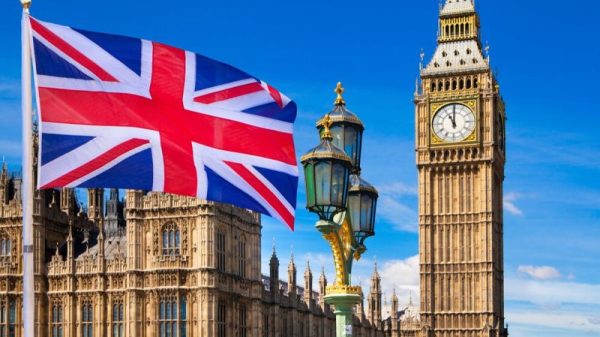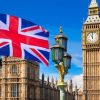Jeffrey Miron
On May 27, NPR, Aspen Public Radio, Colorado Public Radio, and KSUT Public Radio filed a lawsuit challenging President Donald Trump’s executive order that would cancel all federal support for public media.
The lawsuit argues that the order violates the First Amendment and the Public Broadcasting Act of 1967, which prevents federal agencies from controlling the CPB. The CPB distributes federal funds to local public radio and television stations.
We set aside whether a president or only Congress can cancel federal funding for CPB and instead address whether such funding is good policy. Our answer is no.
The main reason is that such funding is inconsistent with the First Amendment. Any government policy or program has a viewpoint, but funding television and radio broadcasting is especially problematic, since government financing inevitably subsidizes some perspectives over others. Even a formally ‘neutral’ grant process cannot escape this effect: public money sustains the editorial judgments of the recipients and leaves rival voices to fend for themselves.
A second issue is that public funding is not a convincing response to any externality or public goods problem. This is separate from whether PBS programming is “good.” Let’s stipulate that it is. But so is any product that survives in the market. The question for government funding is whether the market will fail to provide a particular type of programming that is valuable.
No convincing argument exists for this view. A wide variety of news and media platforms cater to a diverse set of demands and viewpoints: Disney and Adult Swim for different age groups; The Atlantic and Fox News for different political demographics. So, assuming done in a constitutionally valid way, eliminating CPB funding is the right policy.
This is not to say CPB-backed stations should disappear, only that they should compete on the same footing as other outlets. NPR, PBS, and their affiliates can—and already do—attract listener donations, corporate underwriting, foundation grants, and digital subscription revenue. Freed from federal appropriations, they would retain full editorial independence while sparing taxpayers the cost and constitutional headaches that accompany government patronage of the press.
This article appeared on Substack on June 13, 2025. Jonah Karafiol, a student at Harvard College, co-wrote this post.























